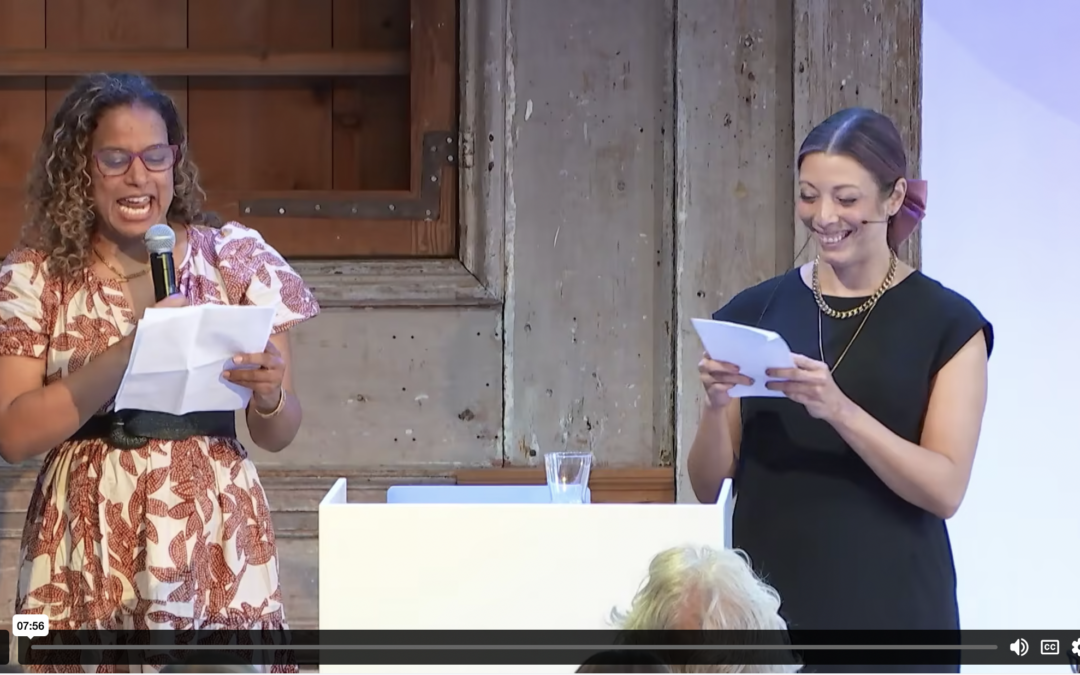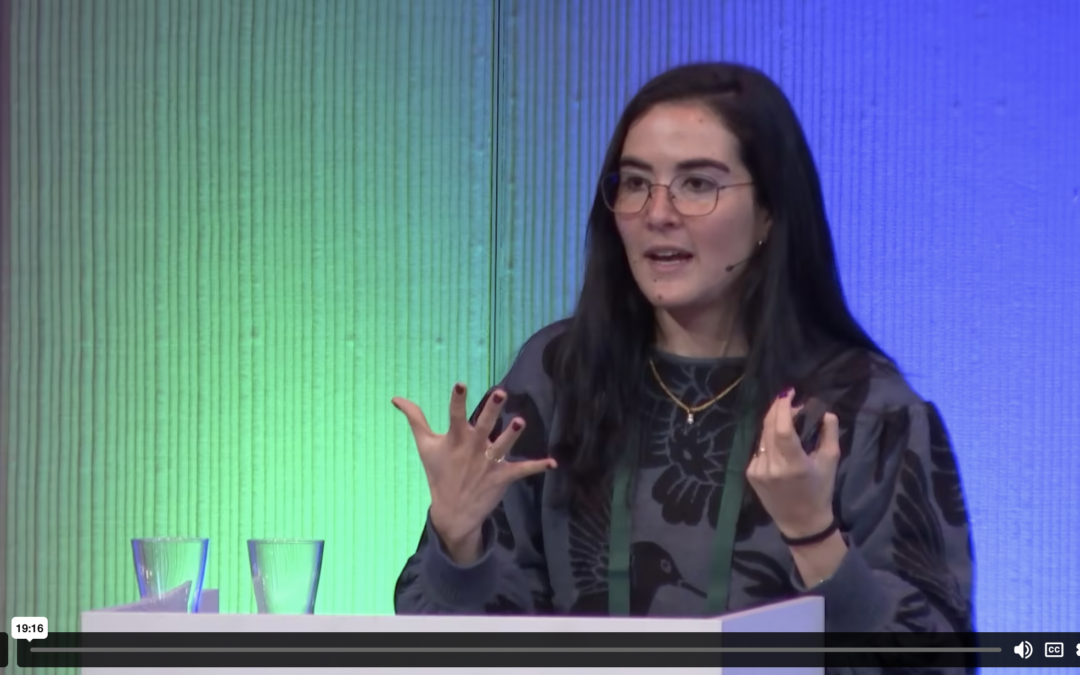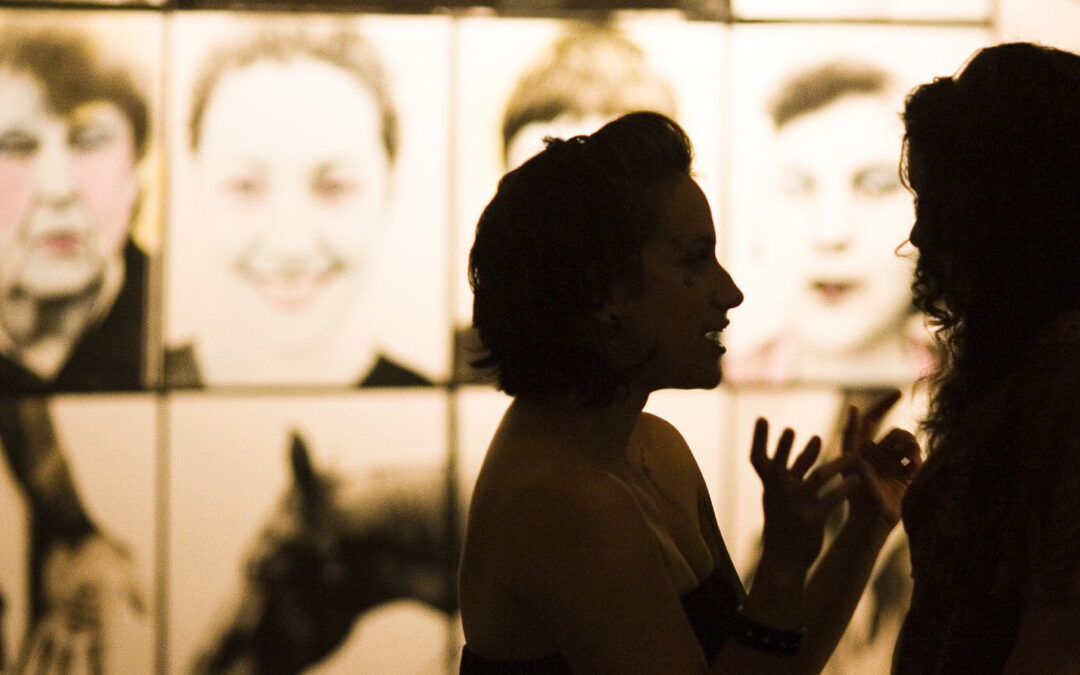Using ethnography as an analytic tool to examine the concept of resiliency, we call for a shift in our practice and praxis. Research subjects and ethnographic practitioners are tired of working against and thriving despite. We are tired of being seen as resilient in a world that demands so much...



